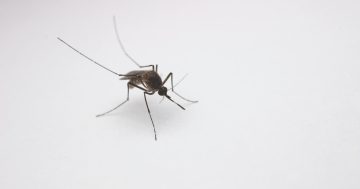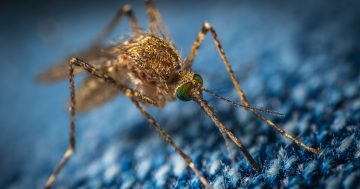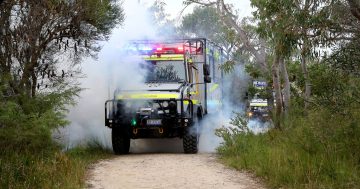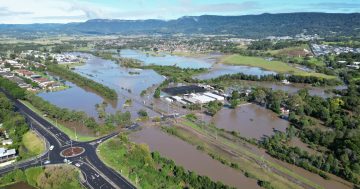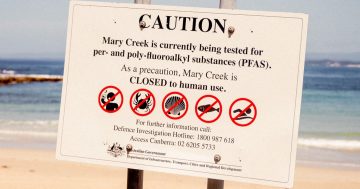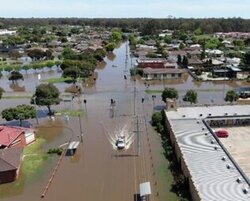 As the flood disaster continues, the Department of Health is advising impacted Victorians to be wary of the health risks that flood waters bring.
As the flood disaster continues, the Department of Health is advising impacted Victorians to be wary of the health risks that flood waters bring.
Acting Chief Health Officer, Suman Majumdar said widespread flooding may increase the risk of mosquito-borne diseases, water- and food-borne diseases, and uncommon conditions such as leptospirosis, carbon monoxide poisoning or illness relating to mould exposure.
“Thousands of homes are inundated or isolated by floodwaters and evacuation orders are in place in several towns,” Dr Majumdar said.
“Many health services, community services and care facilities have also been impacted by the floods,” he said.
“In addition to floodwater, other hazards include the spread of communicable diseases through rodents, animals, mosquitoes and contaminated food and water, and environmental hazards including injury, asbestos and mould exposure, carbon monoxide poisoning (from portable generators or gas heaters) and animal hazards including snake and spider bites.”
Dr Majumdar said disrupted access to healthcare and the increasing need for mental health support services posed additional challenges to flood-affected communities.
He said flooding affected all community members however, the impacts disproportionately affected those with physical, sensory and cognitive impairments; reliance on medication and/or care supports; weaker social and support networks or lack of resources; or lack of access to information and warnings due to literacy, cultural and linguistic barriers.
“Other groups at greater risk from floods include children, pregnant women, elderly people, tourists, homeless people, and those from minority populations,” the Acting Chief Health Officer said.
Dr Majumdar said food, medicine and other items containing flood water were considered contaminated and should be discarded.



